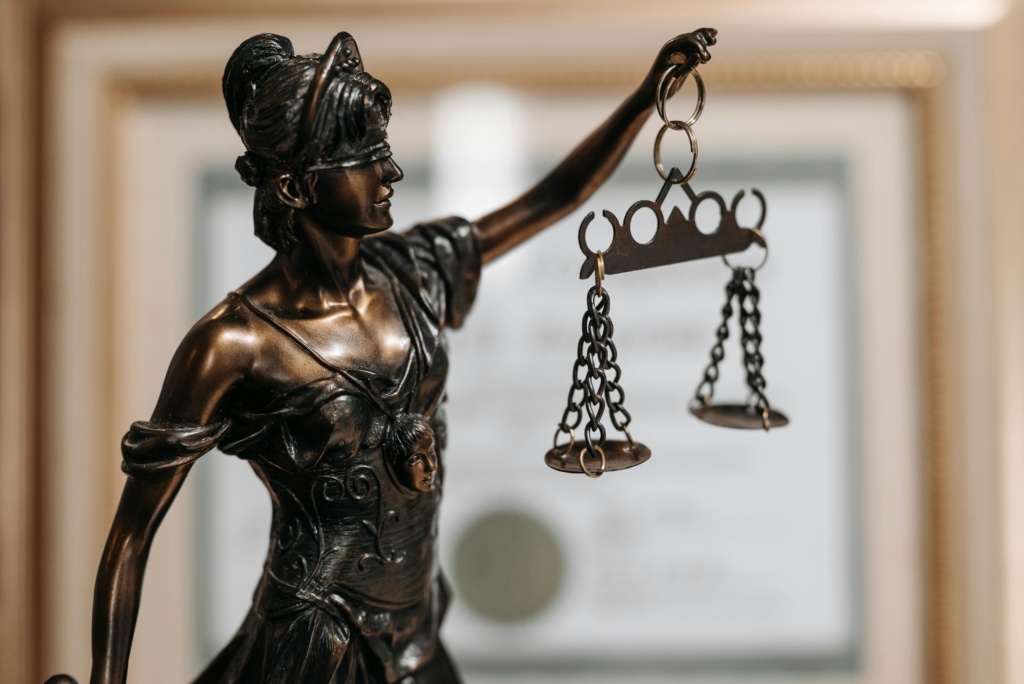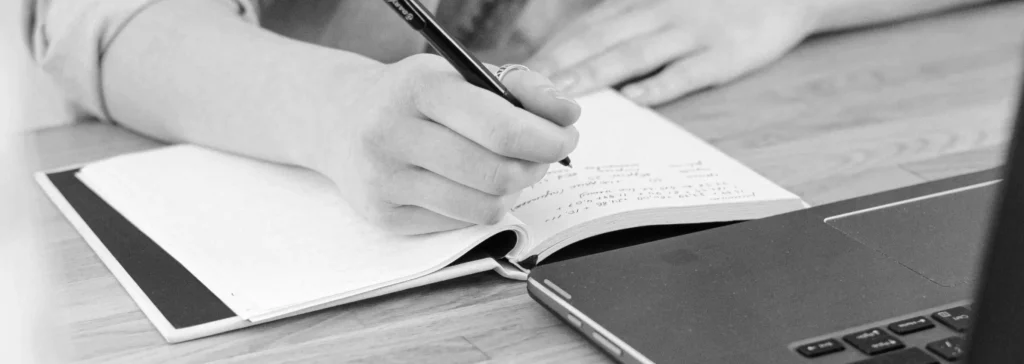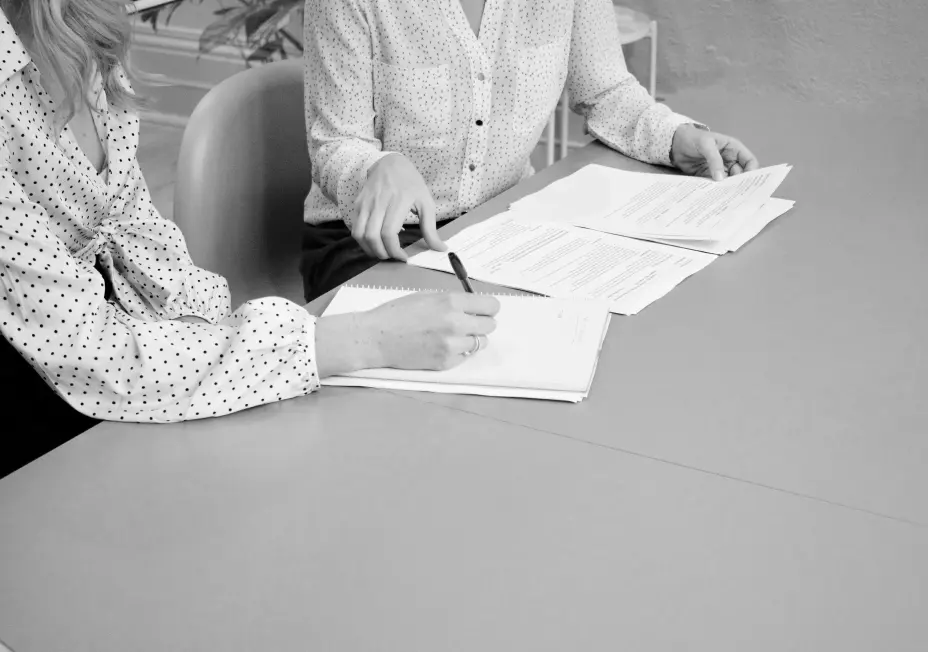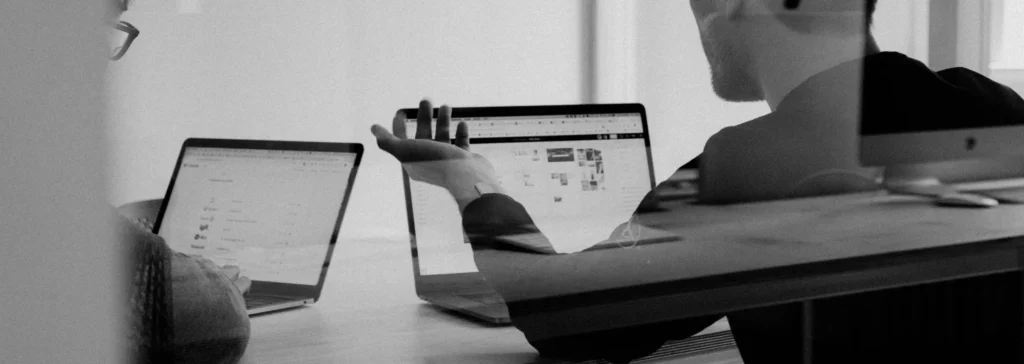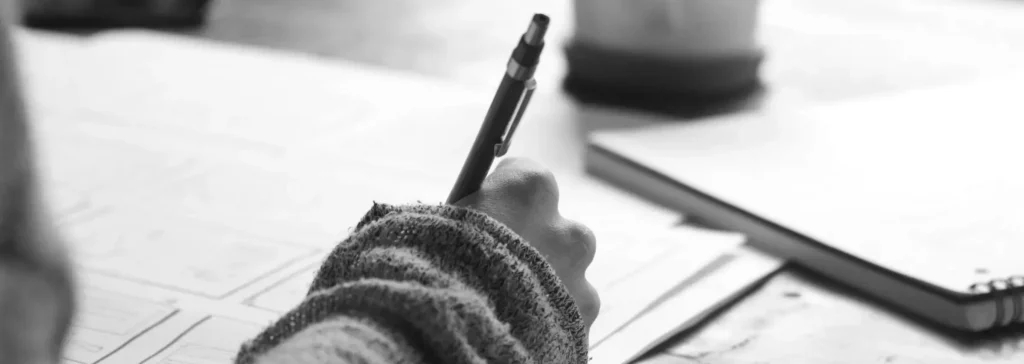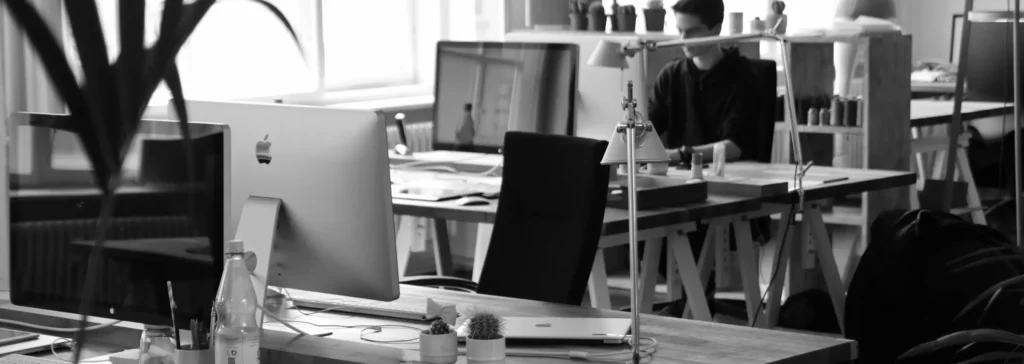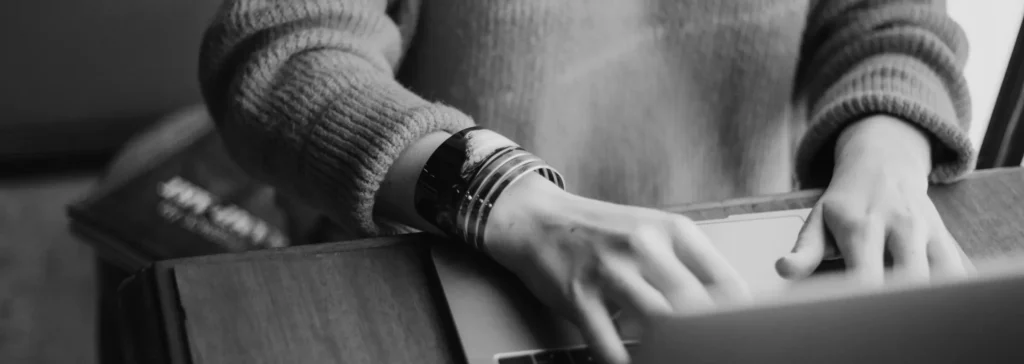When a sudden incident leaves you injured, with mounting bills and an inability to work, the physical, financial and emotional toll can be overwhelming. However, if the incident is due to the fault of another, a compensation claim may be available to compensate you for your losses and get you back on your feet.
What is a Compensation Claim?
A compensation claim is a legal process taken to seek compensation for physical or psychological injury caused by someone else’s fault. Common types of compensation claims include:
The Legal Framework for Compensation Claims
Understanding the legal basis of your claim strengthens your position. Here’s what you need to prove:
Duty of Care: The person/ business you identify as being responsible for your injury must have an identifiable and definable legal obligation to act in a reasonable way to avoid harming you. For example, drivers have a duty to obey traffic laws, employers have a duty to provide workers with a safe workplace and system of work, and shopping centres have a duty to keep public areas clear of slip and fall risks.
Breach of Duty: The dutyholder failed to uphold their duty of care. This could be a driver speeding, an employer failing to have safety guards on machinery, or a shopping centre failing to have a reasonable cleaning service.
Causation: The dutyholder’s breach of their duty directly caused your injury; and your injury was a foreseeable and not insignificant risk of resulting from that breach.
Damages: You suffered actual loss and damage (identifiable and residual injury and impairment, associated medical bills, lost wages) due to the breach of duty.
Steps to Take After an Incident
The steps you take immediately after an incident can significantly impact your claim. Here’s what to do.
1. Report the Incident
Document the incident. For car incidents, contact the police and your insurance company. For workplace harm, notify your employer.
2. Seek Immediate Medical Attention
Your health is paramount. As soon as you have reported the accident, seek medical attention right away, even if your injury seems minor. Your shock and adrenaline from the accident may be masking more serious injury and symptoms. Most people are not medically qualified and should not self-diagnose. And insurers (whether workers compensation, public liability or motor vehicle) are incredibly suspicious where there is no contemporaneous medical treatment – their immediate response is often that you were either not injured in the accident or your injury was very minor! So, medical records confirming injury assessment and treatment immediately after your accident is incredibly important evidence.
3. Gather Evidence
If you reported your accident to the police (motor vehicle), employer (work) or centre management (public liability) straight after the accident, then they should have conducted investigations to establish how you were injured and who was at fault. If you did not, however, have the opportunity to report the accident or your injury at the time (for whatever reason), it is important that you gather as much evidence as you can to support any claim that you may bring and to respond to any allegation that you were at fault for the accident. Collect as much evidence as possible from the scene. This includes photos, witness names and contact details. This will enable a lawyer to conduct a more detailed investigation and evidence gathering if your compensation claim is contested.
4. Consider Consulting a Compensation Lawyer and Lodging a Compensation Claim
An experienced lawyer can advise you on your legal options and protect your rights.
Remember: Don’t discuss fault or post about your incident on social media. This can jeopardise your claim.
Once you’ve taken these initial steps to address your health and document the incident, you’ll be ready to move forward with the formal claims process.
The Claims Process
While the previous steps focused on your immediate actions after an incident, the claims process involves the legal procedures you or your compensation lawyer must comply with in order to recover compensation on your behalf. Here’s a breakdown of the key stages.
1. Initial Consultation with a Lawyer
A compensation lawyer will review your case, assess its merit, and explain your legal options.
2. Lodging the Claim
Whether you are making a motor vehicle, workers compensation or public liability compensation claim, there is legislation prescribing a claim lodgment process and required forms to be supplied in order to be compliant. A compensation lawyer is very familiar with these forms and lodgment requirements and how to identify the relevant insurers who will respond to your claim.
3. Evidence Collection
You or your lawyer will need to compile evidence to prove and support your claim. This will include:
Medical Records: Documenting all treatments and expenses related to your incident.
Witness Statements: Securing testimonies from people who either witnessed your accident or who can give evidence supporting your claim (such as evidence about previous relevant incidents or about the assistance you have required as a result of your injuries).
Expert Testimony: Involving specialists to provide professional opinions on the severity of your impairment, its cause, and future impact.
4. Negotiation and Settlement
The overwhelming majority of claims are settled out of court/ without proceeding to trial. The motor vehicle, workers compensation and public liability claim legislation all prescribe pre-litigation settlement conferences which require the parties to meet and attempt to resolve your claim. If you engage a compensation lawyer, they will negotiate with the other party’s insurance company or representative on your behalf. A compensation lawyer has experience and expertise in this process.
5. Court Proceedings (if necessary)
If a settlement can’t be reached, your case may go to trial. Here’s what to expect:
Pre-Trial Preparation: If you have a compensation lawyer, they will meticulously prepare your case, gathering additional evidence, preparing witnesses and arranging for a barrister to present your claim for court.
Trial Proceedings: Both sides will present their arguments, evidence and witnesses in court.
Verdict: The judge will determine the outcome of your case and the amount of compensation, if any.
Receiving Compensation
Once a settlement is reached or a verdict is awarded, you’ll receive compensation for your damages. This typically includes:
Economic Damages: Reimbursement for actual financial losses, such as medical bills, lost wages, and property damage.
Non-Economic Damages: Compensation for intangible losses, such as pain and suffering, emotional distress, and loss of enjoyment of life. These are damages are heavily regulated by legislation.
Important Note: The specific amount of compensation you receive will depend on various factors, including the severity of your impairment, the impact on your life, and the degree of negligence involved.
Post-Settlement Considerations
Receiving compensation is a victory, but there are additional steps to ensure a smooth financial recovery:
Managing Medical Bills and Liens: Medical bills and liens can be complex. Your lawyer can help negotiate outstanding balances and ensure you receive the maximum amount from your settlement.
Planning for the Future: If your impairments have long-term impacts, use the compensation wisely. Consider future medical needs, potential lost wages, and lifestyle adjustments. A financial advisor can be a valuable resource.
Why Hire a Compensation Lawyer?
While you can navigate a compensation claim yourself, here’s why an experienced lawyer is your best bet:
Expert Guidance: Compensation law is complex. Lawyers understand the intricacies of building a strong case and maximising your compensation.
Skilled Negotiation: Lawyers are adept at negotiating settlements with insurance companies who often try to minimise payouts.
Trial Advocacy: If your case goes to court, a lawyer has the training, experience and expertise to represent you effectively and advocate for your rights in front of the judge.
Frequently Asked Questions
What kinds of incidents can lead to compensation claims?
Many types of incidents can be grounds for a compensation claim, including:
Medical negligence
Public liability incidents (e.g., slip and falls in public places)
Product liability (harm caused by defective products)
What is the average payout for a compensation claim in Australia?
The amount you might receive varies depending on your situation, the state or territory where you are injured and the nature and cause of your injury.
It is recommended that you speak to an experienced personal injuries lawyer for an initial consultation in order for them to assess the viability of a claim on your behalf and to provide some guide as to the likely range of compensation that you might be able to recover should you bring a claim.
How long after an incident can you claim compensation?
In Queensland, there is a general limitation period for personal injury claims – you typically have three years from your injury date or from your 18th birthday to protect your personal injury rights. How you can protect those personal injury rights will then be subject to legislation that applies to specific types of accident – for motor vehicle accidents, for workplace accidents or for public liability/ civil liability claims. There are particular (and tricky) preliminary claim requirements for workers compensation matters, particularly for injuries sustained over a period of time or purely psychological/ psychiatric injuries.
Due to these particularly technical hurdles to making a claim, it is recommended that you schedule a consultation with a personal injuries lawyer as soon as possible after your injury. They can explain the specific time limits and guide you through the claims process efficiently.
How do they calculate pain and suffering in Queensland compensation claims?
In Queensland, pain and suffering, also called general damages, are determined using a system called the Injury Scale Value (ISV). This system assigns a number to your impairment based on its severity, impact on your life, and medical evidence. Legal professionals use this value along with guidelines to estimate appropriate compensation for your pain and suffering.
Will my case go to court?
Most compensation claims in Queensland are settled outside of court through negotiation. This is usually faster and less stressful than a trial. However, if a fair agreement can’t be reached, your case may proceed to court.
Can I sue for bodily harm in Australia?
Absolutely! If you’ve been hurt due to someone else’s negligence, you may be entitled to compensation in Australia. This applies to impairments from car incidents, workplace incidents, medical mistakes, public liability situations (like slip and falls), and more. The process involves proving the other party’s fault and how their actions directly caused your impairment.
What are aggravated damages?
Aggravated damages are a special type of compensation awarded in some cases. They apply when the other party’s behaviour was particularly cruel or humiliating, causing additional emotional distress beyond the physical impairment itself. This is not common, but it acknowledges the extra suffering you endured due to their actions.



